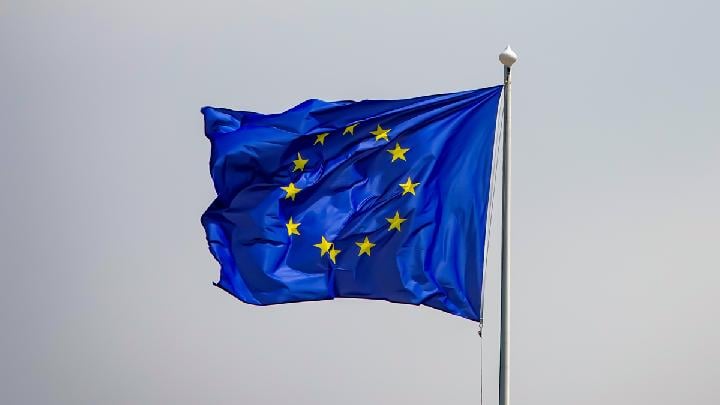TEMPO.CO, Jakarta – The relationship between Indonesia and the European Union (EU) is becoming closer with the agreement on the Indonesia-European Union Comprehensive Economic Partnership Agreement (IEU-CEPA).
During a meeting at the EU Headquarters in Brussels on Sunday, July 13, 2025, in a joint press statement, Ursula von der Leyen, President of the European Commission, mentioned the three main focuses of Indonesia-EU cooperation: trade, security, and inter-societal relations.
“We live in turbulent times. And when economic uncertainty meets geopolitical volatility, partners like us need to come closer together. So today, we take a big step forward in this partnership, and we do it in three main areas,” Ursula said as quoted from the Indonesian State Secretariat Ministry’s website on Sunday, July 13, 2025.
Reported by Antara on Monday, July 14, 2025, in the trade sector, Ursula announced that a political agreement related to the Comprehensive Economic Partnership Agreement (CEPA) has finally been reached after a decade-long negotiation process.
Not only that, according to the President of the European Commission, this trade agreement will bring great opportunities for the Indonesian and European societies.
Ursula stated that Indonesia is one of the world’s largest economies with a gross domestic product (GDP) of 1.2 trillion euros and a supplier of goods to support the digital and green energy transition.
However, currently, Indonesia is only the fifth-largest trading partner of the European Union in the ASEAN region. Ursula mentioned that there is still a lot of untapped potential. “There is much untapped potential in our trade relations. And therefore, this agreement comes at the right time as the new agreement will open new markets,” Ursula said.
In the middle of her statement, Ursula emphasized that Indonesia shares similarities with the EU, especially in terms of green energy and digital transition. This trade agreement will open access to new markets, strengthen the automotive, service, and agricultural sectors, and build responsible raw material supply chains. “We not only want a secure supply, but we want a responsible supply,” Ursula said.
Aside from the economy, the second priority is geopolitics and security. The EU and Indonesia have agreed to enhance cooperation into a strategic partnership, including strengthening joint contributions within the EU-ASEAN framework. “We have launched discussions and I am very hopeful that we will achieve this important milestone together,” said Ursula as quoted from the Indonesian State Secretariat Ministry’s website on Sunday, July 13, 2025.
Finally, in terms of inter-society relations, the new visa policy has become part of strengthening the Indonesia-EU partnership. The European Commission has officially adopted the visa cascade policy, which allows Indonesian citizens to obtain a multi-entry Schengen visa on their second visit to Europe. This policy is expected to enhance connectivity, investment, and learning opportunities.
“In difficult times, some turn inward towards isolation and fragmentation. Europe and Indonesia have chosen a different path, which is openness, partnership, and mutual opportunities,” said Ursula. She also added that the CEPA agreement should be ratified and implemented soon.
Editor’s Choice: Indonesia Aims to Increase Palm Oil Exports to EU in H2 2025
Click here to get the latest news updates from Tempo on Google News
